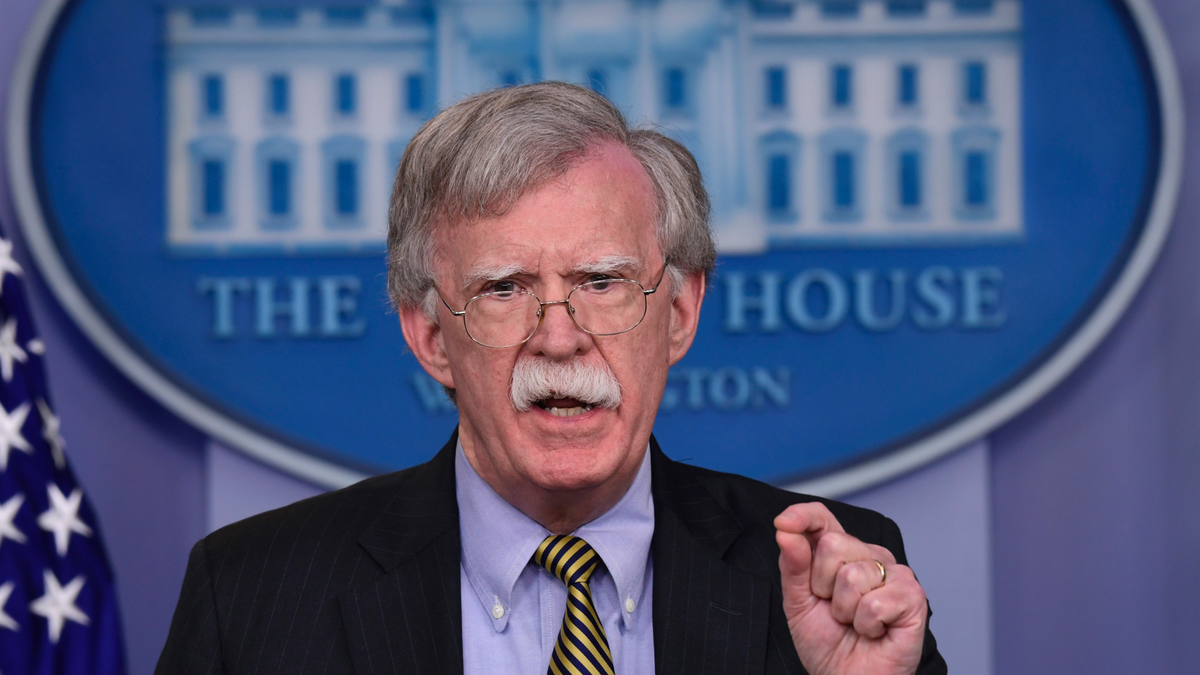
National Security Adviser John Bolton speaks during a briefing at the White House in Washington, Wednesday, Oct. 3, 2018. (AP Photo/Susan Walsh)
WASHINGTON – President Donald Trump's national security adviser on Thursday unveiled the administration's long-awaited counterterrorism strategy, delivering it with harsh words for Iran.
Calling Iran the "world's central banker of international terrorism," Bolton said the strategy will rely on traditional military action to fight terrorists, but also seek increased emphasis on non-military means to battle not only Islamic State militants but those backed by Iran and other groups.
"We recognize that there's a terrorist ideology that we're confronting, and I think it's long been the president's view that without recognizing that we're in an ideological struggle, that we can't properly address the terrorist threat," Bolton said.
In line with the Trump administration's "America First" policy, the strategy also calls for sharing the burden and expense of fighting terrorism with allies.
"The strategy also places greater emphasis on protecting the homeland, preventing attacks, and mitigating the impact of an attack, should one occur," Bolton said.
It's the first U.S. strategy on counterterrorism since President Barack Obama released his approach in 2011, but it has similar themes to those released by previous administrations.
The strategy's goals are far-reaching: pursue terrorists all the way to the source of their support, modernize counterterrorism tools, counter radicalization, protect U.S. infrastructure, strengthen borders and limit militants' ability to recruit online.
Bolton said radical extremists represent a "pre-eminent transnational terrorist threat" to the U.S. and its interests abroad. The new strategy is broader than those released by previous administrations, he said.
"We're looking at all of the threatening ideologies that we face, including not just Sunni ideologies" espoused by IS militants, but Iran-sponsored terrorist groups, such as Lebanese Hezbollah, Hamas and Palestinian Islamic jihad, Bolton said. He noted that the Treasury Department issued sanctions earlier Thursday to disrupt Hezbollah's financial support networks.





















